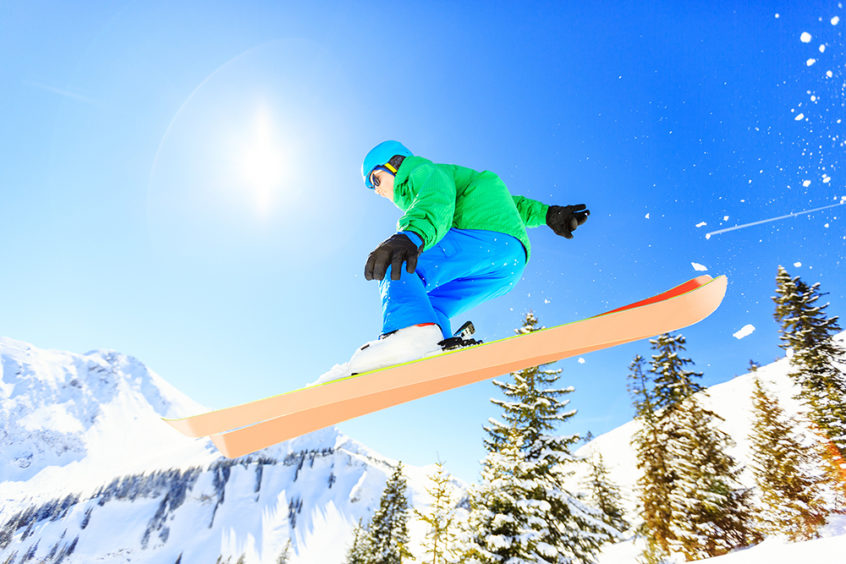Do you enjoy winter sports? Are you thrilled about being able to glide down the slopes gracefully, taking in all that nature reveals under the cold white blanket of snow that has gently fallen? Have you delighted in the building of snowmen or forts while people throw snowballs at you? You may have relished those moments; however, at times, your eyes may not have.
The sun can be a vicious foe during the winter snow, reflecting into our eyes and causing problems. If you expose yourself to dangerous ultraviolet solar rays for too long, you could end up experiencing “snowblindness” or “ultraviolet keratosis” – painful sunburn to your cornea.
Symptoms of ultraviolet keratosis:
- Eye pain
- Watery eyes
- Blurring vision
- Redness, bloodshot eyes
- Limited vision
- Light sensitivity
- Eye irritation (especially the feeling of grit or sand in the eyes)
- Seeing halos
- Swollen eyelids, may swell shut
- Eyelid, forehead muscle twitching
- Headache
- Constricted pupils
- Color changes in vision
According to a survey by the American Optometric Association, 33% of Americans don’t wear sunglasses; only 57% of Americans who do wear sunglasses check that the UV protection is high enough. Optical professionals specifically recommend lenses that block 95% or more of UV-A and 99% of UV-B rays.
Who is most vulnerable to ultraviolet keratitis?
- People who are winter sports enthusiasts
- People with lighter-colored eyes
- People who live in higher altitudes
- People who use the following medications that increase their photosensitivity:
- Antibiotics
- Antidepressants
- Antihistamines
- Anti-inflammatories
- Statins
- Acne medications
- Diuretics
- Diabetic medications
How to prevent the pain:
- Wear protective eye goggles, glacier goggles that block light from entering the sides
- Wear sunglasses with high protection and preferably a wrap-style
- Choose a dark or mirrored polarized lens on eye wear
- Wear a hood or hat that puts a shadow over your eyes
- Limit your time of exposure
- Be particularly careful in high altitudes, which pose a high risk to your eyes
- Do not look directly into the sun, even during an eclipse
How to treat snowblindness, if you are unlucky enough to get burnt:
- Use a cold compress or ice pack
- Take a pain reliever
- Stay out of bright lights
- Get into a dark room
- Remove contact lenses
- Do not touch or rub your eyes
- Keep your eye closed with a patch to block out light
- Go to a doctor and get eye drops if necessary
If you experience blindness, definitely see your doctor. If you do burn your corneas, vision usually returns within 18 hours. Amazingly, most corneas will regenerate and heal within 24-48 hours. We at Viteyes want you to envision many more memorable moments, whether you are skiing down the perfectly packed powder or taking a relaxing walk in a winter wonderland.
